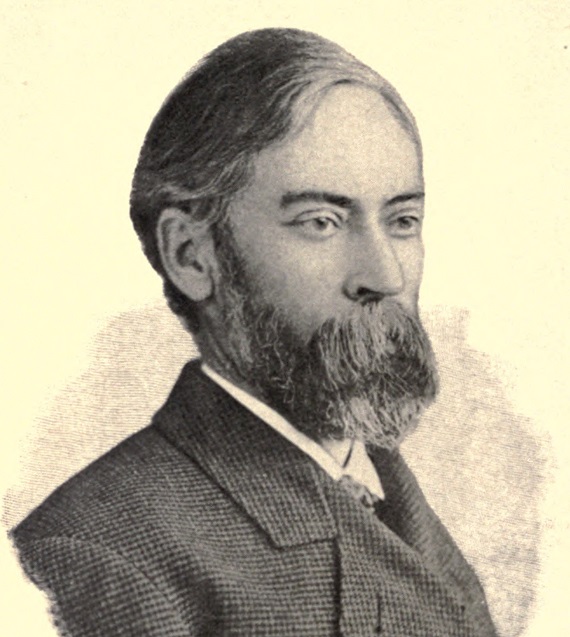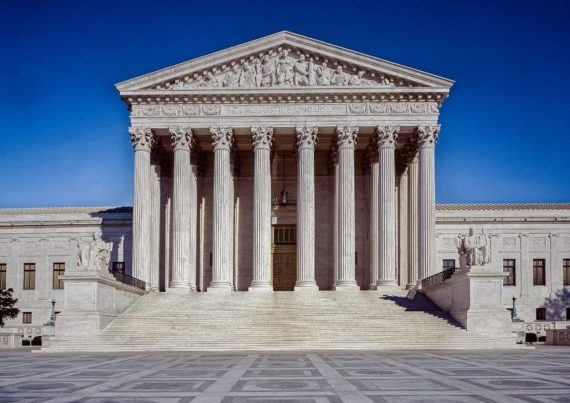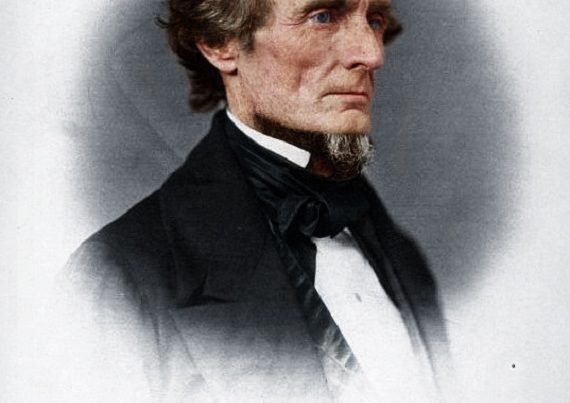
When the sick brain with crazy skill
Weaves fantasies of woe and ill.
Returning nostalgically for a moment to the presidential debacle—excuse me, “campaign”—of 2003-4, let us recall the headline on the front page of the Nov. 5, 2003 Washington Post which read, “Rivals Demand Dean Apology.” An apology, that is, for a remark made by the then Democratic front-runner, former Vermont Governor Howard Dean, that he would like to win the votes of guys with Confederate flags on their pick-up trucks. Al Sharpton demanded he apologize because any reference at all to the confederate flag he deemed offensive—utterly ignoring the fact that Dean’s comment displayed the same disdain for that flag that Sharpton himself felt. Meanwhile, Sean Hannity defended Dean on his radio program on the grounds that the South has changed and is now sophisticated, technologically advanced, etc. Both sides as usual thoroughly missed the real point.
A far better demand would have been that Dean, and Hannity as well, read a book that recently enticed me from the shelves of Burke Used Books on Lee Highway—how appropriate!—in Falls Church, Virginia, the spine and covers in an unusual light olive green, and embossed in gold on the front the initials J, B, H intertwined and surrounded by a wreath of darker green bay leaves. This volume, which now sits upon my own overloaded shelves at home, is A Wreath of Virginia Bay Leaves: Poems of James Barron Hope, selected and edited by his daughter, Janey Hope Marr. It was published in 1895, by West, Johnston & Co., Publishers–not in New York, not in Boston, not in Philadelphia, but in—Richmond, Virginia.
“It has been claimed for James Barron Hope [1829-1887] that he was ‘Virginia’s Laureate,'” we are informed by his daughter. And what a contrast he makes with the ex—”poet laureate” of the state of New Jersey, Amiri Baraka, aka LeRoi Jones! He loves the sheer beauty of the land from which he arose, Hampton (where he was elected Commonwealth’s Attorney), Norfolk (where he practiced journalism in the postwar years), especially the glorious spectacle of the “Sunset on Hampton Roads:”
. . . .[T]here I saw the Evening sun go down
Casting a parting glory far and wide. . . .
Beholding this my soul was stilled in prayer,
I understood how all men, save the blind,
Might find religion in a scene so fair
And formulate a creed within the mind;–
See prophesies in clouds; fates in the air;
The skies flamed red; the murm’ring waves were hushed–
“The conscious water saw its God and blushed.”
Hope’s maternal grandfather, James Barron, organized the Virginia Colonial Navy, and served as Commander-in-Chief of it during the Revolutionary War. Hope himself “was the first commander of Norfolk’s Camp of Confederate Veterans, the Pickett-Buchanan, but through all his stirring lines there breaks no discordant note of hate or rancor.” And it is this which most truly distinguishes Hope from the poisonous rancor that pollutes our political discourse today.
In every respect was Hope a son of Virginia. He graduated from William and Mary College in 1847. He wrote poems of dedication or memorial odes which he recited at the unveiling of the new statue of Washington in Capitol Square, Richmond (1858), at the foundation of Lynchburg, as well as in Warrenton, Virginia, Portsmouth, Norfolk, at the Virginia Military Institute, and for the Robert E. Lee monument in Richmond whose corner-stone was laid in October, 1887, shortly after the poet’s death. This “Lee Memorial Ode” is considered his finest work by some; I wonder what Dean and Hannity would think of this passage from the Ode:
Then stand up, oh my Countrymen!
And unto God give thanks,
On mountains and on hillsides
And by sloping river banks–
Thank God that you were worthy
Of the grand Confederate ranks:
That you who came from uplands
And from beside the sea,
Filled with love of Old Virginia
And the teachings of the free,
May boast in sight of all men
That you followed Robert Lee.
But of course, today, the men addressed in this ode would be expected instead to spit publicly upon the graves of their ancestors.
But Hope is more than just a public bard. He is able to conjure magical pictures from his personal past, as in “A Little Picture,” where a rose petal between the pages of a book of poetry reminds him each time he sees it of a certain moment spent with a lady:
. . . .[S]he stood there clad wondrously indeed!
In perfume and in music: for her dress
Made a low, rippling sound, like little waves
That break at midnight on the tawny sands–
While all the evening air of roses whisper’d.
And in “A Story of the Caracas Valley,” based on a tale he may have heard while on a voyage to the “West Indies” on board the Navy vessel Cyane in 1852, Hope gives us what deserves to be considered one of the most atmospheric narrative poems of the 19th century in America. The description of the “Posada” (inn) where the tale is sung by a guitar player, is superb:
High-perch’d upon the rocky way,
Stands a Posada stern and grey;
Which from the valley, seems as if
A condor there had paus’d to ‘light
And rest upon that lonely cliff,
From some stupendous flight.
Far below is a gully, spanned by a bridge:
The gulf spann’d by that olden arch
Might stop an army’s onward march,
For dark and dim–far down below–
‘Tis lost amid a torrent’s flow;
And blending with the eagle’s scream
Sounds dismally that mountain-stream.
The tale is of a brave Governor who saves his wife from marauding buccaneers by quickly sweeping her from her horse to his, and then urging the horse to overleap a ten-yard chasm, into which the leader of the pursuing pirates, who apparently is himself in love with the lady (a miniature portrait of her is found among his clothing after his death), plummets to his death when he attempts to follow. The Governor’s death-defying leap is described with real excitement:
Close to his ear a bullet sings,
And then the distant carbine rings.
Why pales the cavalier?
And why does he now set his teeth
And draw his dagger from its sheath?
He breasts his charger at the leap–
He pricketh him full sharp and deep:
He leaps, and then with heaving flank
Gains footing on the other bank:
A moment–‘mid the pass’s gloom,
Vanish both veil and dancing plume–
It seems a dream. . . .
Next the pirate chief attempts the leap, fails, and as he falls,
. . . . .his charger’s shriek
Was heard in an unearthly scream,
Above that roaring mountain stream–
Like fancied sound in fever’d dream,
When the sick brain with crazy skill
Weaves fantasies of woe and ill.
Fantasies, perhaps, like those woven by our contemporary cultural elites of life in the old South, fantasies which deprive us of a crucial portion of our flawed but precious national heritage.






